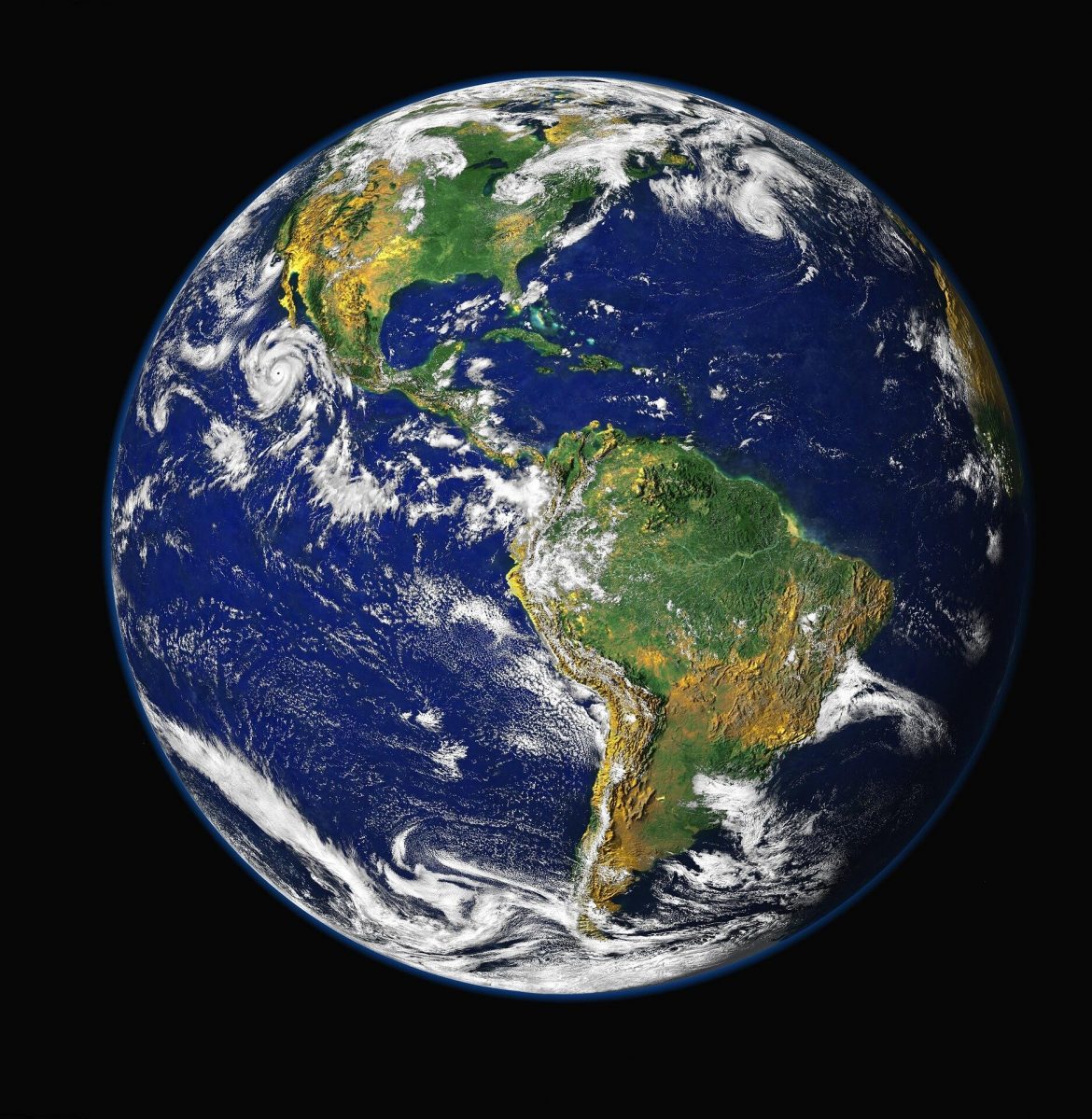A recent assessment by scientists has shown that earth’s life support systems have been so damaged that the planet is “well outside the safe operating space for humanity”.
Among other things, the assessment found that six out of nine “planetary boundaries” had been broken because of human-caused pollution and destruction of the natural world. The planetary boundaries are the limits of key global systems – such as climate, water and wildlife diversity – beyond which their ability to maintain a healthy planet is in danger of failing.
The broken boundaries mean the systems have been driven far from the safe and stable state that existed from the end of the last ice age, 10,000 years ago, to the start of the industrial revolution, according to the assessment.
The whole of modern civilisation arose in this time period, called the Holocene.
Read also: Experts seek global moratorium on efforts to geoengineer climate
According to reports, the latest assessment was the first of all nine planetary boundaries and represented the “first scientific health check for the entire planet”.
At least six boundaries have been passed and two are judged to be close to being broken: air pollution and ocean acidification. The one boundary that is not threatened is atmospheric ozone, after action to phase out destructive chemicals in recent decades led to the ozone hole shrinking.
The scientists also said that the “most worrying” finding was that all four of the biological boundaries, which cover the living world, were at, or close to, the highest risk level. The living world is particularly vital to the Earth as it provides resilience by compensating for some physical changes, for example, trees absorbing carbon dioxide pollution.
The scientists said that the planetary boundaries are not irreversible tipping points beyond which sudden and serious deterioration occurs. Instead, they are points after which the risks of fundamental changes in the Earth’s physical, biological and chemical life support systems rise significantly. The planetary boundaries were first devised in 2009 and updated in 2015, when only seven could be assessed.
In his reaction, prof Johan Rockström, former director of the Stockholm Resilience Centre who led the team that developed the boundaries framework, said: “Science and the world at large are really concerned over all the extreme climate events hitting societies across the planet. But what worries us, even more, is the rising signs of dwindling planetary resilience.”
Story was adapted from the Guardian.
